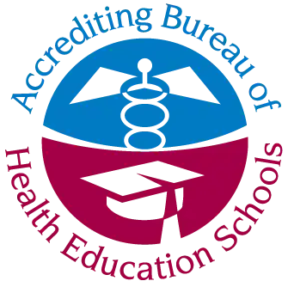Healthcare Administration, MS
24-Month Program
Full distance
The Masters in Health Administration is designed to prepare students seeking to advance their careers and take administrative and leadership roles within the healthcare industry. Students will receive instruction to gain proficiencies in the principles, methods, and procedures of leadership and management in a diverse medical industry. They will gain a broad understanding and appreciation for other elements of the management perspective, such as finance, communications, economics, and accounting. Students who complete this program will understand the policies and procedures of organizational development, monitor financial capital and employees’ performance, and exercise modern leadership dynamics that can help provide the current healthcare employer-employee relationship with a pleasant, rewarding, and successful experience.
Quick Facts
- Healthcare data analytics for data-driven decisions
- Healthcare quality and risk management
- Innovative leadership for healthcare
- Law and ethics for healthcare
- Human resource management
- Managerial accounting and Finance in Healthcare
- Strategic marketing
Course Preview
1 - Leading a Multigenerational Workforce
2 - Leadership and Management for Diverse Healthcare Systems
3 - Research Methodology
4 - Data Management Analytics in Healthcare
5 - Law and Ethics for Healthcare Organizations
6 - Advanced Organizational Human Resources Management
7 - Challenges in Community Health Care
8 - Population Healthcare Coordination
9 - Healthcare Economics
10 - Managerial Accounting and Decision Making
11 - Organizational Finance in Healthcare
12 - Strategic Marketing Planning and Management
13 - Operations Management
14 - Innovative Solutions in Healthcare Leadership
15 - Healthcare Quality and Risk Management
16 - Healthcare Administration Capstone

The Commission acted to continue the current grant of accreditation through February 28, 2029.
Please refer to this link for more information:
Click Here
